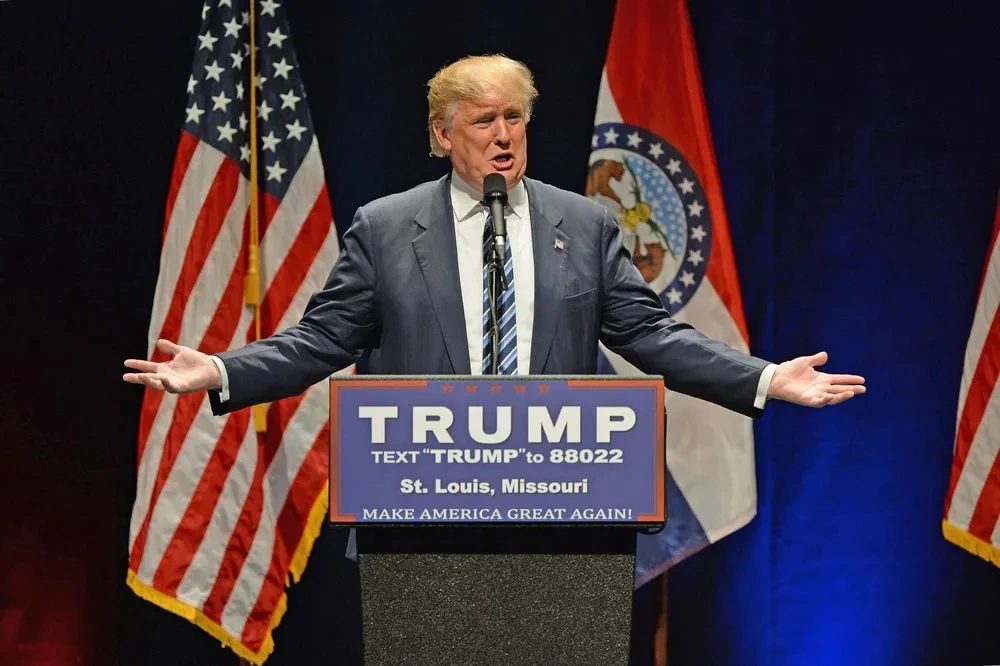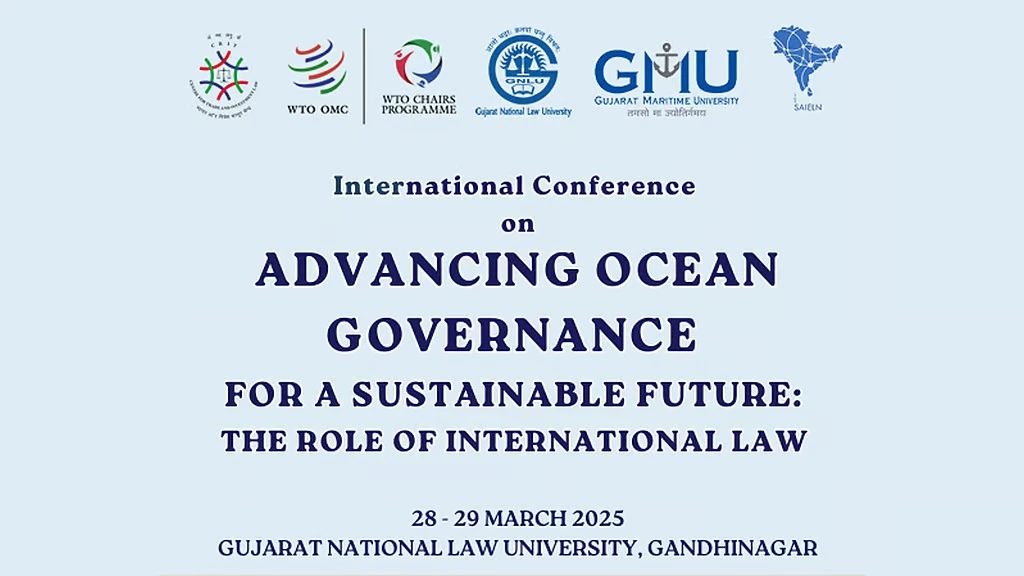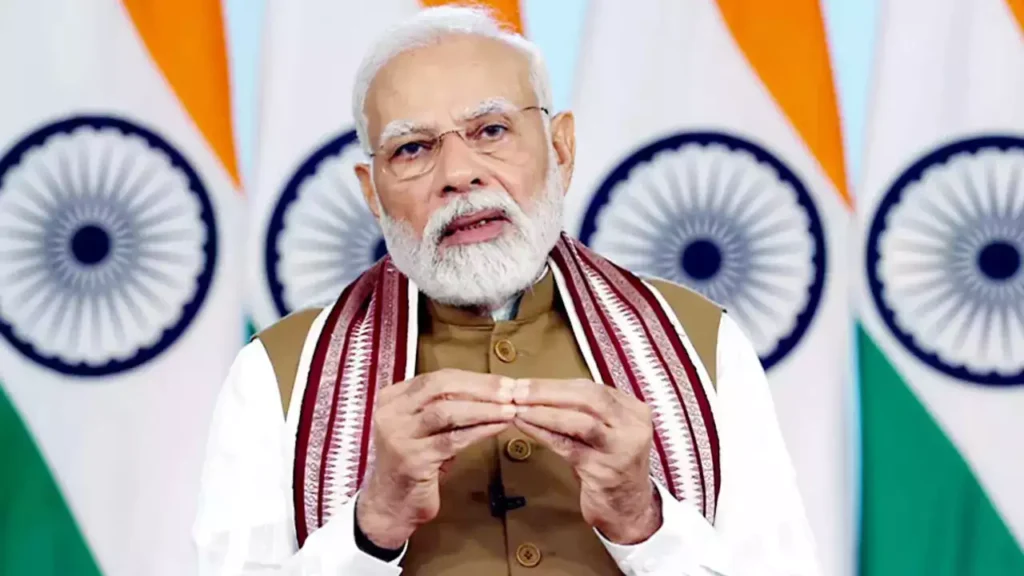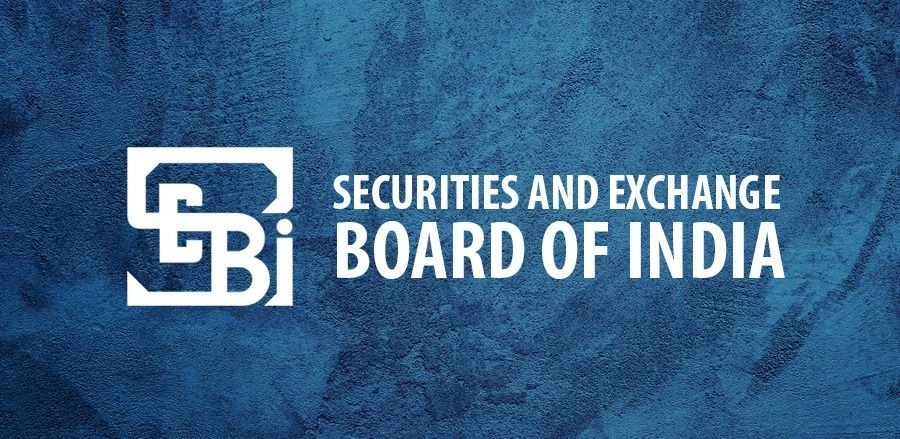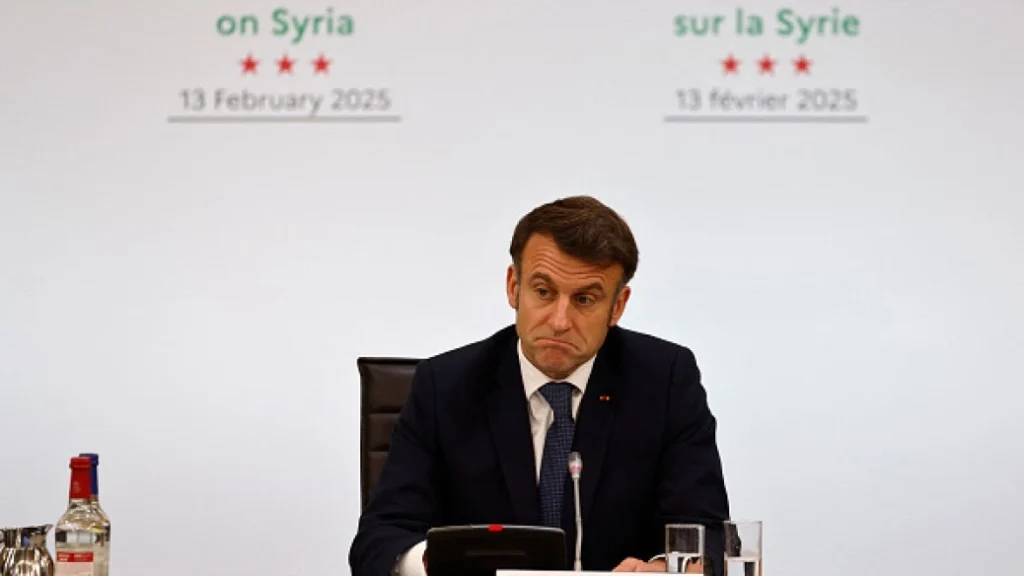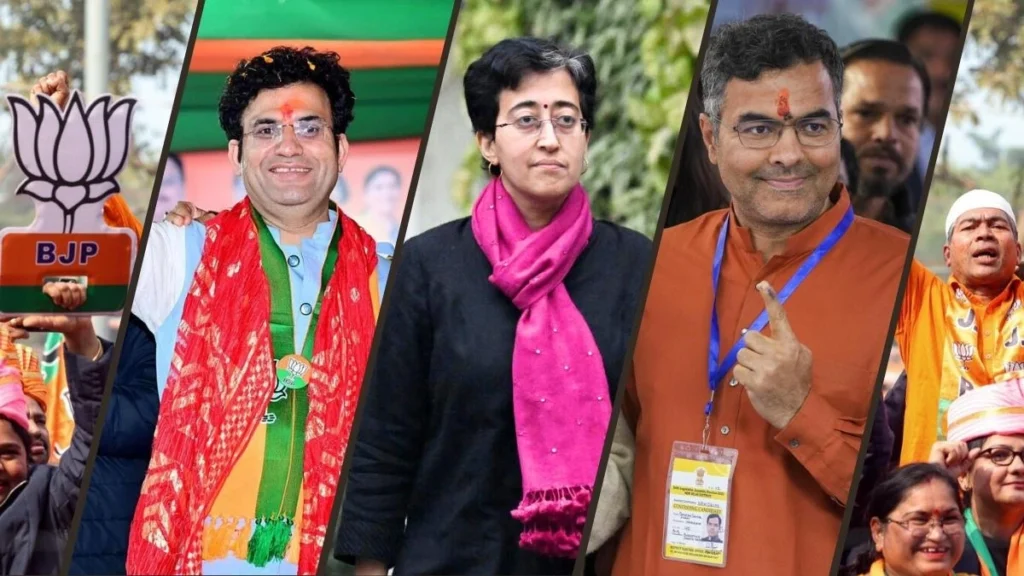Donald Trump Calls for Federal Takeover of Washington, D.C. Citing Crime Concerns
President Donald Trump has called for Washington, D.C., to be placed under direct federal control, citing rising crime and homelessness as major concerns. Speaking aboard Air Force One, Trump stated, “I think we should take over Washington, D.C. — make it safe,” reinforcing his stance that the federal government should govern the nation’s capital. Currently, D.C. operates under a Home Rule system, which allows Congress to review and overturn local laws. However, some Republican lawmakers are pushing for a broader intervention that would significantly reduce the city’s autonomy and return governance to direct federal oversight. While acknowledging his personal regard for D.C. Mayor Muriel Bowser, Trump criticized the city’s leadership for failing to address key issues. He pointed to crime rates and the growing number of homeless encampments, saying, “Too much crime, too many tents on the lawns — these magnificent lawns.” Trump also expressed concerns about the city’s global image, particularly when hosting foreign dignitaries. He emphasized the need to maintain Washington, D.C.’s aesthetic appeal, stating, “You just can’t let that happen. You can’t have tents on all your beautiful — your once magnificent plaza and lawns.” His comments come amid a broader national debate on crime, homelessness, and urban governance, with Republican lawmakers increasingly calling for stricter federal oversight in cities they claim are mismanaged. Whether Congress will act on Trump’s proposal remains uncertain, but the discussion is likely to fuel ongoing political debates over federal and local control.
Donald Trump Calls for Federal Takeover of Washington, D.C. Citing Crime Concerns Read More »

